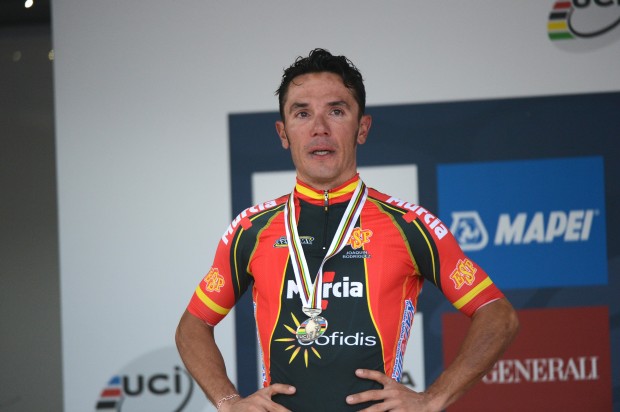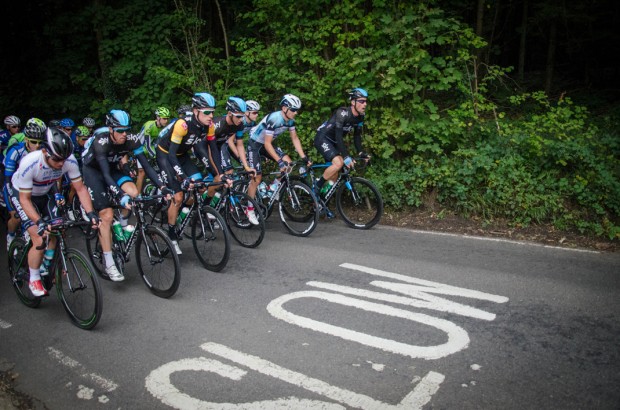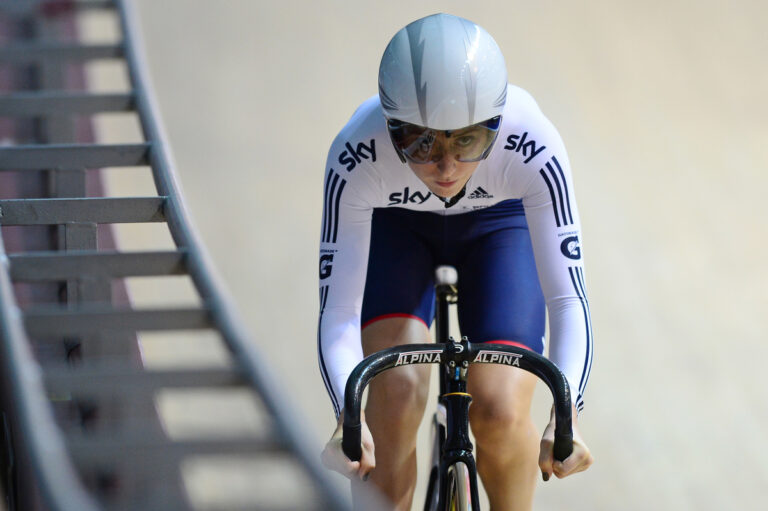One element of racing that no amount of physical training can prepare you for is the added stress of the competitive environment.
No doubt you have been drawn to racing because of your enthusiasm, and for the thrill and excitement of it. But if you are going to be able to stick around long enough to be any good, you need to learn to manage your nerves and deal with the disappointments too.

Expect a disappointing start
Chances are, to be perfectly honest, you will be disappointed to start with. Whatever leaps and bounds you have made in terms of your fitness, you will be jumping in at the deep end when it comes to racing and most people will find it a challenge to start with.
As a beginner, you will experience more failures at the outset than successes. Being prepared for this mentally is really important if you are going to get over this initial hurdle to get you to your second, third and fourth race, where you can begin to get a better grip of what you are doing.
Organisation and planning
If you are keen to have a go at racing properly, it is worth getting organised early with your racing calendar and pre-race preparations. It can be a useful target in itself to complete a series of races or try a range of different races for a complete season, to give you a chance of getting in the swing of the process to begin to feel comfortable.
Racing has a certain routine to it, from the travel, to the signing on, to the race itself, to the analysis afterwards. And feeling at home with the routine, can free your mind to get on with the business itself.
Managing your nerves
With excitement comes increased nervousness, or what sports psychologists would call ‘arousal’. There can be both negative and positive associations with this state, including excitement, anxiety, fear, and even a kind of paralysis. One thing is certain; if you are over-anxious or too excited you will not perform at your best. Your skill level and decision making will be affected and you will burn up valuable resources with all that adrenaline before you even get to the start line.
Being too relaxed is not a good thing either, as you will be under prepared and unable to respond quickly when the race really gets going. The newbie racer is often affronted by the pace at the start, so being alert and ready are psychological pre-requisites if you want to be in the game. Becoming aware of your psychological state in the run up to, and at the start of, a race in particular can help you to learn to manage your mind and find the optimal level of arousal that will enable you to perform at your best.

Developing your understanding
You may think you understand about racing from being a spectator, which is probably what has got you involved in the first place, but understanding a race from the inside may emerge as one of the challenges you need to meet to progress as a rider.
Once you have the skill and speed to stick with it, developing a ‘watcher’ view point within a race can be useful. Noticing how experienced/successful rider’s operate is another way of learning how to respond to race situations. Linked closely to managing your excitement, your ability to detach your emotional self will enable you to learn more from those around you.
Patience
Above anything, if you want to transition from sportive rider to racer you need to have the patience to give yourself a chance to learn the differences and adapt your style of riding. It is rarely the case that a rider makes the leap quickly and easily, but with time and experience you will gradually grasp all the elements we have discussed in this series and be able to weave them together in your race performance.
Remember that the riders we watch on television have decades of racing experience to get to the highest of standards, and often many of your best local club racers have been racing since their teens. Understanding that racing requires a high level of skill that can only be drawn from experience will help you to enjoy getting involved and learn through the process, without putting yourself under too much pressure to get results.





